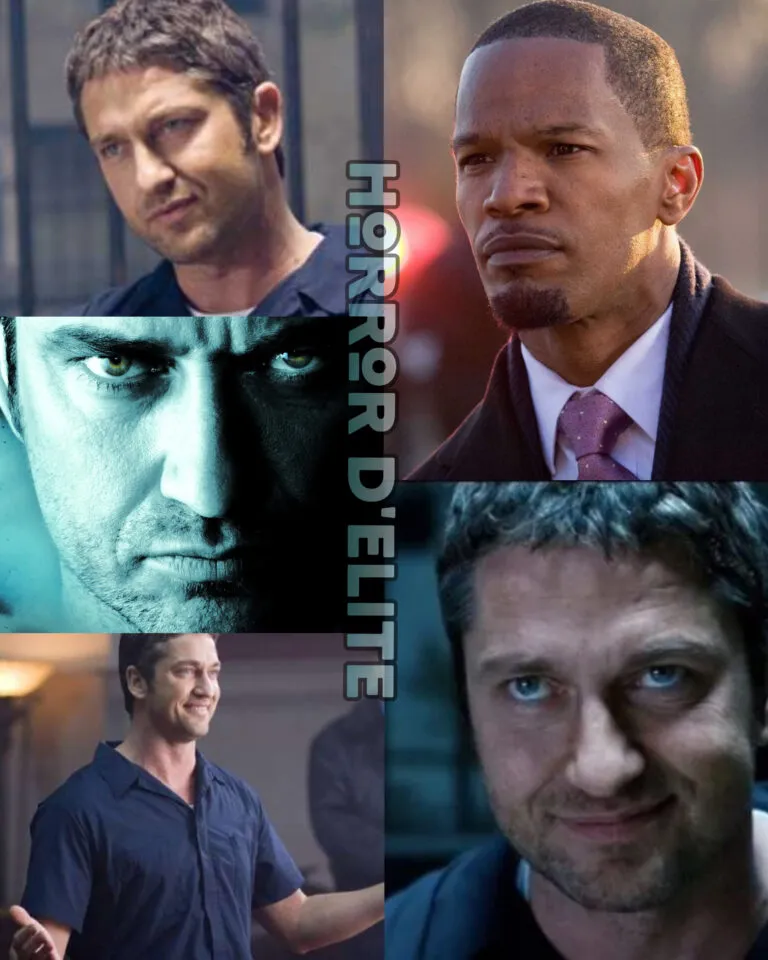Oppenheimer
“Oppenheimer” is a biographical film that tells the story of J. Robert Oppenheimer, one of the most influential and controversial figures of the 20th century. Directed by Christopher Nolan, the film explores Oppenheimer’s life and work, focusing primarily on his key role in developing the atomic bomb during World War II.
The plot follows Oppenheimer’s career, from his days as a young physics student at Harvard University to his involvement in the Manhattan Project at the Los Alamos laboratory. The film portrays the ethical and moral challenges that Oppenheimer and his team faced in creating such a devastating technology, which led to the destruction of Hiroshima and Nagasaki and changed the course of history. The tension between his passion for science and the disastrous consequences of the bomb’s military use is presented in an accurate and engaging manner.
The film also delves into Oppenheimer’s complex personality, highlighting his ambitions, personal relationships, and inner struggle to justify his actions. His role in the nuclear arms race between the United States and the Soviet Union is analyzed in depth, showcasing his influence during the Cold War and the nuclear terror balance.
Visually, the film is characterized by Nolan’s mastery in creating impressive and immersive images. The historical reconstructions and the era’s atmosphere are depicted with precision, transporting viewers to the 1940s and 1950s. The soundtrack, composed by Hans Zimmer, contributes to creating an intense and emotional cinematic experience.
In conclusion, “Oppenheimer” is a film that tackles profound and complex themes related to science, ethics, and human responsibility. Through the life of J. Robert Oppenheimer, the film challenges us to reflect on the destructive power of technology and the importance of making conscious choices for the good of humanity.
The film also focuses on Oppenheimer’s complex relationship with the U.S. government. While he initially worked enthusiastically on the Manhattan Project to contribute to the Allied victory in World War II, Oppenheimer later opposed military policies and nuclear proliferation strategies. His dissenting voice led to clashes with the government establishment, culminating in his security clearance being revoked in 1954 based on accusations of being a “security risk.”
The film’s narrative is enriched through flashbacks and moments of reflection, giving a more comprehensive picture of Oppenheimer’s complex personality. While he is celebrated as a scientific genius, he is also an individual tormented by the responsibility for the consequences of the atomic bomb’s military use. The scenes of inner dialogue reveal his internal struggles and his growing awareness of the destructive potential of his work.
Oppenheimer’s personal relationships are another intriguing aspect of the film. His relationship with his wife Katherine, his friendships with other scientists like Enrico Fermi and Richard Feynman, and his interactions with prominent political figures such as Harry Truman and Winston Churchill add further layers of complexity to Oppenheimer’s character.
The ethical and moral aspect of creating the atomic bomb is central to the film, challenging the audience to reflect on the justification of such actions in the name of national security. This theme remains incredibly relevant today, as the debate over the use of nuclear weapons and responsible scientific research continues to be a global issue.
Ultimately, “Oppenheimer” offers a detailed and compelling overview of J. Robert Oppenheimer’s life and his impact on the world. Through a mix of engaging narrative, accurate historical representation, and deep reflections, the film invites viewers to consider the balance between scientific progress and its ethical consequences, leaving a lasting imprint on cultural and political debates.







